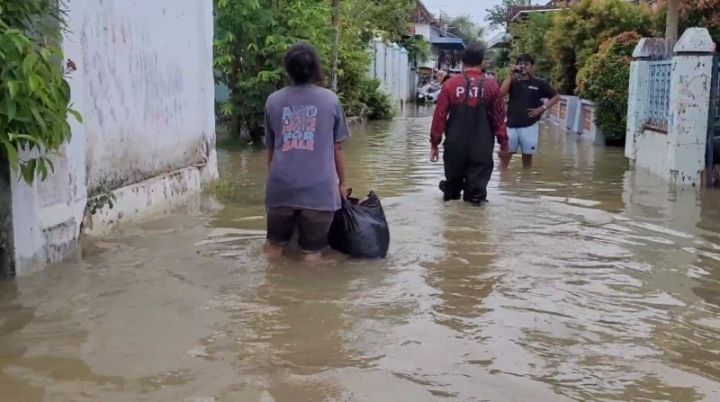Sejarah RSIA sebagai Tempat Pelayanan Kesehatan Ibu dan Anak
RSIA, otherwise known as Rumah Sakit Ibu dan Anak, is a hospital designed specifically for the care and treatment of women and children in Indonesia. These hospitals have become an essential part of the healthcare system in Indonesia, providing quality and reliable medical services for mothers and their infants. The history of RSIA dates back to the early 19th century when several missionaries and philanthropists established charity hospitals to care for women and children in their respective communities. The establishment of RSIA institutions began in 1924.
The first RSIA in Indonesia was established in Jakarta under the name “Sekolah Dokter Bunda” in 1924. This was done to address the lack of healthcare services available to women and children in the country. However, the hospital was later renamed to “Rumah Sakit Ibu dan Anak” to reflect its primary purpose of providing healthcare services to mothers and their children.
Throughout the years, RSIA has grown to become a trusted and reliable healthcare provider in Indonesia. Today, there are many RSIA hospitals across the country that offer specialized care and treatment for women and children. These hospitals have well-trained healthcare professionals who specialize in nursing and midwifery, gynecology, obstetrics, and pediatrics, among others.
One of the significant advantages of RSIA hospitals is that they prioritize women and children’s healthcare needs. RSIA hospitals offer services such as prenatal care, labor and delivery, neonatal intensive care, and postnatal care. Besides, these hospitals provide treatment for illnesses that are common among women and children, such as pneumonia, diarrhea, and malnutrition, among other diseases.
Moreover, RSIA hospitals in Indonesia provide essential services such as vaccination campaigns to prevent various diseases that may affect women and children. These vaccinations include the diphtheria, pertussis, and tetanus (DPT) vaccine, hepatitis B (Hep B) vaccine, measles, mumps, and rubella (MMR) vaccine, among others.
In conclusion, RSIA hospitals play a crucial role in ensuring the health and wellbeing of women and children in Indonesia. These hospitals provide specialized care and treatment to address the unique healthcare needs of women and children. Over the years, RSIA hospitals have evolved into reliable and trustworthy healthcare providers with well-trained healthcare professionals and modern healthcare technologies. Indonesians can rest assured that RSIA hospitals provide the best available care for mothers and their children.



